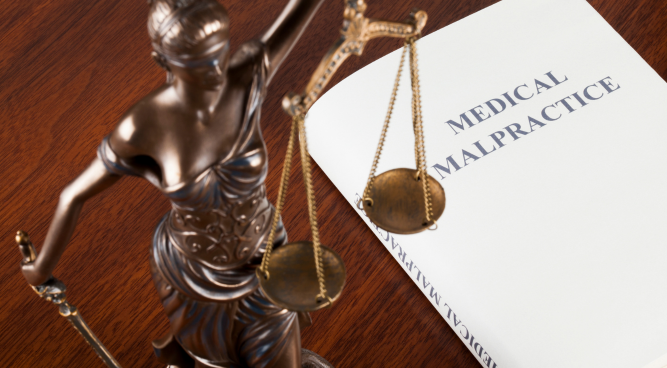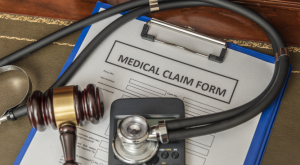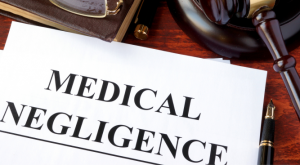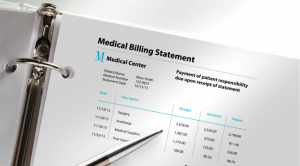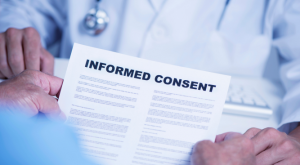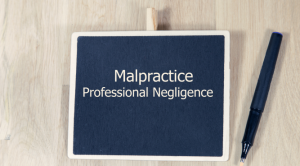Introduction
Get compensated for GP Failure to Diagnose Chlamydia Compensation UK. Know your legal rights with our expert guidance. Medical negligence claims are a common occurrence in the UK, with patients seeking compensation for various reasons. One such reason is GP failure to diagnose chlamydial infection, which can lead to serious health complications if left untreated. Patients who have suffered from undiagnosed chlamydia due to GP negligence may be entitled to compensation for damages. It is important for GPs to conduct gonorrhoea tests during genitourinary medicine consultations to prevent misdiagnosis and ensure proper treatment is given. The NHS also provides resources and guidelines to help GPs diagnose and treat chlamydia effectively.
The consequences of GP failure to diagnose chlamydia and perform gonorrhoea tests can be severe and long-lasting. Chlamydia is a sexually dispatched infection that can cause pelvic inflammatory disease, infertility, and ectopic pregnancy if left untreated. It is calculated that around 50% of women and 30% of men with chlamydia do not experience any manisfestation, making it difficult to detect without genitourinary medicine testing. Infected individuals need a positive diagnosis and prompt treatment to avoid serious health complications.
GP Failure to Diagnose Chlamydia Compensation UK
GP Failure to Diagnose Chlamydia Compensation UK If patients present with symptoms or risk factors for chlamydial infection, it is the responsibility of their GP to conduct appropriate testing for chlamydia and gonorrhoea. The NHS recommends that all sexually active individuals under 25 should be tested perennial for these infections. If a GP fails to diagnose chlamydia despite these indications, they may be liable for medical negligence.
Under UK law, patients who have contracted chlamydial infection have the right to seek compensation for damages such as physical injury, emotional distress, loss of earnings, and medical expenditures incurred as a result of medical negligence. To make a prosperous claim for compensation against an NHS GP who failed to diagnose chlamydia or perform gonorrhoea tests accurately or in time would require proving that the GP breached their duty of care and caused harm as a result.
It is crucial for patients who suspect they may have been affected by GP failure to diagnose chlamydial infection or gonorrhoea tests to seek legal advice from experienced solicitors specializing in medical negligence claims. They will assess whether there are sufficient grounds for pursuing compensation and guide them through the process. In addition, patients can also consider consulting with a specialist nurse in primary care.
Understanding the Causes and Consequences of Delayed Diagnosis of Pelvic Inflammatory Disease (PID), GP Failure to Diagnose Chlamydia Compensation UK
Complications of Delayed Diagnosis of Pelvic Inflammatory Disease (PID) Caused by Chlamydia and Gonorrhoea Infections
Young patients, particularly women under the age of 25, are at a higher risk of contracting chlamydia and gonorrhoea infections. These sexually transmitted infections (STIs) can lead to serious consequences if left untreated, such as pelvic inflammatory disease (PID). PID is an infection that involves the female reproductive technique, including the uterus, ovaries, and fallopian tubes. If left untreated or not diagnosed in time, it can cause acute infection and have long-term effects on the patient’s health. In severe cases, the impact on the patient’s quality of life can be significant.
Acute Infection and Long-Term Problems
Delayed diagnosis of PID caused by chlamydia and gonorrhoea infections can lead to acute infection and long-term problems for patients. Acute symptoms include fever, abdominal pain, painful sex, heavy menstrual bleeding or irregular periods. Long-term complications include chronic pelvic pain that may last for months or years after treatment has been completed, as well as major outcomes such as ectopic pregnancy and infertility. Ectopic pregnancy is a serious effect that can occur when the fertilized egg implants exceeding the uterus. Infertility is also a significant concern as it may result from damage to the fallopian tubes due to scarring from repeated episodes of PID. Check out more about Chlamydia
Infected Individuals May Not Show Any Symptoms
Infected individuals may not show any symptoms of GP Failure to Diagnose Chlamydia Compensation UK or gonorrhoea infection making early detection through regular testing crucial. Without proper testing and diagnosis at an early stage, these STIs can progress rapidly leading to severe complications like PID. It’s important for sexually active patients to participate in a screening programme and get tested regularly for STIs even if they do not have any symptoms. Implementing effective screening strategies and increasing screening coverage can significantly reduce the spread of these infections.
Prompt Treatment Can Prevent Complications
Prompt intervention and treatment of chlamydia and gonorrhoea infections during sex can prevent the development of PID and its associated complications in patients. Antibiotics are typically used as primary care to treat these STIs effectively; however, early diagnosis is critical in preventing the spread of the infection and reducing long-term complications. It’s important to note that treatment for PID may require hospitalization, intravenous antibiotics, or even surgery in severe cases.
Importance of Accurate Diagnosis and Management of Chlamydia as a Sexually Transmitted Infection (STI)
Accurate diagnosis and management of GP Failure to Diagnose Chlamydia Compensation UK is crucial for controlling its prevalence as a sexually transmitted infection (STI) among patients. Chlamydia trachomatis is the most expected cause of chlamydial infection, with a high positivity rate in sexually active individuals. Early detection and treatment of chlamydia in primary care can prevent long-term complications such as infertility and pelvic inflammatory disease, which are major outcomes in cases of untreated chlamydia.
GP Failure to Diagnose Chlamydia Compensation UK control is essential to prevent the spread of chlamydial infection. Chlamydia cases and prevalence have been increasing over the years, earning it one of the most commonly reported STIs worldwide. This is due to several explanations, including lack of awareness about STIs, poor sexual health education, and inadequate access to healthcare services for testing and treatment of patients. Intervention is necessary to curb the spread of GP Failure to Diagnose Chlamydia Compensation UK infection.

One significant factor contributing to the spread of chlamydia is asymptomatic infections among patients. Many cases of chlamydia go undiagnosed due to lack of symptoms, making it challenging to diagnose without routine testing practices. For this reason, regular screening for sexually active individuals is recommended by healthcare professionals to increase coverage and prevent further spread of the infection.
Sexual partners and patients of individuals diagnosed with GP Failure to Diagnose Chlamydia Compensation UK should also be tested and treated to prevent reinfection and further spread of the infection, which is crucial for their health. Regular testing is necessary if you are sexually active, as condoms do not provide full protection against chlamydia or other STIs. It’s important to consider screening strategies to ensure adequate screening coverage and reduce the prevalence of chlamydia.
Genitourinary medicine clinics, as primary care providers, offer confidential testing and treatment for STIs, including GP Failure to Diagnose Chlamydia Compensation UK , to patients in order to promote sexual health and control the spread of infections. These clinics also provide screening programmes and strategies to detect STIs early on. In addition, they offer counseling on safe sex practices, partner notification services, and free condoms.
Legal Implications for GP Failure to Diagnose Chlamydia Compensation UK
Medical negligence is a serious issue in primary care cases that can have devastating consequences for patients who engage in sex. Timely diagnosis and treatment of GP Failure to Diagnose Chlamydia Compensation UK infection are crucial to prevent further complications, including long-term health problems and even infertility. In the case of chlamydia, failure to diagnose this common STI can lead to severe legal implications for GPs. For more about Negligent Patient Transport Compensation UK
Liability for Medical Negligence
GPs have a duty of care towards their patients’ sexual health, which includes following guidelines and protocols for testing and GP Failure to Diagnose Chlamydia Compensation UK infections. Delinquency to do so can result in medical negligence claims if cases suffer harm as a result. This may include physical symptoms such as pelvic pain or discharge, psychological distress, or even infertility caused by untreated GP Failure to Diagnose Chlamydia Compensation UK.
Guidelines and Protocols
Primary care health practices are expected to follow national guidelines when testing and diagnosing STIs, including GP Failure to Diagnose Chlamydia Compensation UK. These guidelines recommend routine screening for sexually active patients under 25 years old or those at high risk of infection. However, a unfavorable test result does not necessarily rule out the presence of chlamydia, and primary care physicians should consider other factors when making a diagnosis.
Factors such as symptoms reported by the patient or their sexual history should also be taken into account in primary care when deciding whether further testing is necessary. Patients who are at risk of sexually transmitted infections can benefit from screening strategies recommended by the national GP Failure to Diagnose Chlamydia Compensation UK screening programme. If a GP fails to identify these risk factors or order appropriate tests after receiving them from the patient, they may be liable for medical negligence if the patient suffers harm as a result.
Compensation Claims: GP Failure to Diagnose Chlamydia Compensation UK
Patients who suffer harm due to a GP Failure to Diagnose Chlamydia Compensation UK infection may be entitled to compensation for their losses. This could include reimbursement for medical expenses incurred as a result of delayed treatment or loss of earnings due to ongoing health problems caused by untreated chlamydial infection. The costs of treatment and coverage for ongoing care may also be included in the compensation. Sexually active individuals need to get tested regularly to avoid complications from undiagnosed chlamydial infection. Know more about Negligent hospital laundry compensation UK
Legal Action Against GPs
Patients can take legal action against their General Practitioners (GPs) if they breach their duty of care by failing to diagnose GP Failure to Diagnose Chlamydia Compensation UK in a timely manner. This may involve pointing a complaint with the GP’s practice or pursuing a medical negligence case through the court system. HCPs should be aware of the potential consequences and ensure they provide adequate care to patients.

Examining the Cost Effectiveness of Different Strategies for Diagnosing and Managing Chlamydia and Gonorrhoea Infections, Including Opportunistic Testing
Different Screening Strategies: GP Failure to Diagnose Chlamydia Compensation UK
Screening for chlamydia and gonorrhoea is an essential component of chlamydia control programmes. However, there are various screening strategies available, including universal screening, targeted screening, risk-based screening, and opportunistic testing. A breakdown by the National Institute for Health Research (NIHR) aimed to compare the cost-effectiveness and efficacy of these screening strategies in primary care settings. The research found that targeted screening was the most cost-effective approach with high coverage, followed by opportunistic testing which had lower costs but lower coverage.
Alternative Screening Strategies
While traditional approaches to GP Failure to Diagnose Chlamydia Compensation UK and gonorrhoea screening have been effective in reducing transmission rates, there is a need to explore alternative screening strategies that can improve cost-effectiveness ratios further. One such strategy is self-testing kits that allow individuals, including patients in primary care, to collect their samples at home or in a community setting. Self-testing has been shown to increase uptake rates among hard-to-reach populations such as men who have sex with men (MSM) and can help reduce costs for the health system. Furthermore, self-testing offers greater privacy and confidentiality than traditional clinic-based testing.
Opportunistic Testing
Opportunistic testing, a screening strategy that involves offering tests for sexually transmitted infections (STIs) during routine health consultations or visits to healthcare facilities for other reasons, has been found to be more effective than conventional clinic-based approaches in identifying asymptomatic infections. This approach increases coverage rates and is particularly useful in national chlamydia screening programmes and GP Failure to Diagnose Chlamydia Compensation UK control programmes where chlamydia positivity can be high.
Cost-Effectiveness Model
A cost-effectiveness model developed by NIHR showed that targeted screening is the most efficient approach when considering both costs and effectiveness. Targeted screening involves offering tests based on individual risk factors such as age, sexual behaviour patterns or previous STI diagnoses. The efficacy of this strategy is high in specifying patients who are at a higher risk of contracting GP Failure to Diagnose Chlamydia Compensation UK and gonorrhoea. The model also showed that opportunistic testing could significantly increase coverage while maintaining high levels of effectiveness. This strategy is particularly useful in identifying patients who may not have otherwise presented for testing. The model’s results suggest that adopting alternative screening strategies could help reduce the burden on healthcare services while improving chlamydia and gonorrhoea control programmes’ overall effectiveness.
Symptoms and Diagnosis of Pelvic Inflammatory Disease (PID)
Pelvic Inflammatory Disease (PID) is a serious condition that affects female patients’ reproductive organs due to an infection caused by the sexually transmitted disease GP Failure to Diagnose Chlamydia Compensation UK trachomatis. The infection spreads from the vagina and cervix to other parts of the reproductive procedure, such as the uterus, fallopian tubes, and ovaries. Sexually active individuals are advised to take a chlamydia test to prevent the disease’s spread, which can cause severe pelvic pain. If left untreated, PID can lead to serious complications.
Symptoms of PID in patients include pelvic pain, pain during sex, abnormal vaginal discharge, fever, painful urination, irregular periods or spotting between periods. These manisfestation may be mild or severe depending on how advanced the infection is. Some females may encounter no symptoms at all. Chlamydia control programmes are important to reduce the chlamydia positivity rate and ensure early diagnosis through regular GP Failure to Diagnose Chlamydia Compensation UK testing.
If left untreated, PID can progress and cause serious complications such as damage to the fallopian tubes which can result in infertility or ectopic pregnancy (pregnancy outside of the uterus). Patients who are sexually active should undergo regular chlamydia tests and practice safe sex to prevent the spread of infection. Chronic pelvic pain may also occur due to scarring from inflammation, highlighting the importance of GP Failure to Diagnose Chlamydia Compensation UK control measures.
A positive diagnosis of PID can be made through a variousness of physical examination, medical history review, and laboratory tests. During a physical exam, doctors look for signs of inflammation such as tenderness in the lower abdomen or cervix. A medical history review involves asking questions about sexual activity and any previous infections. Laboratory examinations such as blood tests or urine cultures are used to identify bacteria that may be causing the infection. This is especially essential for patients who have been tested positive for GP Failure to Diagnose Chlamydia Compensation UK control, as they are at higher risk of developing PID. The national chlamydia screening programme recommends regular testing for sexually active individuals, and primary care providers play a crucial role in determining and treating PID early on.
Treatment for PID typically involves antibiotics to kill off bacterial infections causing inflammation. Patients with suspected PID should undergo a chlamydia test to check for GP Failure to Diagnose Chlamydia Compensation UK infection, which is a common cause of PID. To control the spread of chlamydia, patients should practice safe sex. If there are abscesses present in your Fallopian conduits or ovaries you may need surgery to drain them out before starting antibiotics treatment.
It’s important for patients, especially those who have been tested positive for chlamydia through the national GP Failure to Diagnose Chlamydia Compensation UK screening programme, and suspect they have PID to seek medical attention immediately because early detection increases chances of successful chlamydia control and treatment without long-term consequences like infertility or chronic pelvic pain.
Testing for Other STIs and Repeat Testing After Treatment
Repeat Testing After Treatment and Testing for Other STIs
It is crucial for patients to undergo repeat testing after treatment for GP Failure to Diagnose Chlamydia Compensation UK to ensure the efficacy of the treatment. This ensures that the infection has been fully cleared and there are no traces of it left in the body. Repeat testing should be done around three months after completing treatment, as this is the average time it takes for chlamydia to be completely eradicated from the body. If a patient receives positive test results again, they must complete another round of treatment. This is specifically crucial for those who are part of a screening programme, as they may have been infected for years without knowing it.
Testing for other STIs is also recommended in primary care when patients test positive for GP Failure to Diagnose Chlamydia Compensation UK through a screening program. Chlamydia often occurs alongside other infections such as gonorrhea or trichomoniasis, so it is important to check for these as well to avoid additional costs. If patients test positive for multiple infections, they will need specific treatments for each one.
Partner Treatment and Notification
Partner treatment and notification are crucial in preventing re-infection and further progression of the disease, especially for patients who have been diagnosed with chlamydia through the national GP Failure to Diagnose Chlamydia Compensation UK screening programme in primary care. Partners who have had sexual contact with an infected person must also undergo testing and receive appropriate treatment if necessary to prevent complications such as pelvic inflammatory disease (PID). It is important to notify partners anonymously if necessary, as some people may feel embarrassed or uncomfortable discussing their sexual health with their partner.
Annual Screening and Additional Testing
Annual screening and additional testing in primary care can have many cost-effective benefits beyond simply detecting GP Failure to Diagnose Chlamydia Compensation UK early on. These tests can detect other STIs that may not show any symptoms until later stages, such as HIV or syphilis, and prevent costly complications like pelvic inflammatory disease (PID). Early detection allows patients to receive timely treatment, which can save costs and lead to increased life years.
Patients should discuss with their healthcare provider how often they should undergo screening for GP Failure to Diagnose Chlamydia Compensation UK test based on their level of risk factors such as age, number of sexual partners or unprotected sex practices. Men are also encouraged to get tested regularly as part of the nationwide chlamydia screening program. Patients who experience symptoms such as discharge or pain during urination should seek medical attention immediately. It’s important to note that some clinics offer free or low-cost testing for those who cannot afford it.
Where to Get Tested for GP Failure to Diagnose Chlamydia Compensation UK and Who Should Be Tested
GP Failure to Diagnose Chlamydia Compensation UK is a standard sexually transmitted infection (STI) that can have serious consequences if left untreated. The majority of people with chlamydia do not experience any symptoms, making it difficult to diagnose without testing. This is why it’s important for anyone who is sexually active, including men and patients, to get tested regularly for STIs, including chlamydia, through a screening programme to avoid high costs.
Testing for v is quick and easy, and can be accomplished at a sexual health clinic or GP surgery. It involves providing a urine sample or swab from the genital area. Patients in Bristol can also benefit from the primary care screening programme. Anyone who has had unprotected sex or thinks they may have been disclosed to an STI should get tested as soon as possible.
It’s also important for healthcare professionals to be aware of the signs and symptoms of GP Failure to Diagnose Chlamydia Compensation UK and other STIs, and to offer testing to patients who may be at risk. Failure to diagnose an STI such as chlamydia can have severe consequences, including pelvic inflammatory disease (PID), infertility, and chronic pain. Implementing a screening programme for high-risk individuals can help identify cases earlier, potentially reducing long-term costs associated with complications. Partner notification is also crucial in preventing the spread of STIs and should be included as part of the management plan.
Suppose you are one of the patients who suspect that their primary care physician failed to diagnose their GP Failure to Diagnose Chlamydia Compensation UK infection in a timely manner. In that matter, you may be entitled to compensation for the outlay incurred due to the delay. It’s important to seek permitted advice from a professional medical negligence solicitor who can help you understand your rights and options regarding the screening programme. Do visit my blog

FAQs
What is the average payout for clinical negligence in the UK?
The average payout for medical imprudence in the UK can vary significantly depending on the specific circumstances of each case. However, payouts can range from thousands to millions of pounds, taking into account factors such as the severity of the harm generated and the long-term consequences for the patient.
Can you sue a physician for misdiagnosis in the UK?
Yes, it is possible to sue a doctor for misdiagnosis in the UK if it can be proven that the doctor breached their duty of care and that the misdiagnosis caused harm or worsened the patient’s condition. However, pursuing a medical negligence claim requires strong evidence and the guidance of legal professionals.
What is the biggest medical negligence payout in the UK?
The exact figures for medical negligence payouts are not publicly disclosed in the UK, so it is challenging to identify the single biggest payout. However, there have been cases where compensation awards have reached several million pounds, particularly in complex cases involving severe injuries or long-term disabilities.
Can the NHS offer compensation?
Yes, the National Health Service (NHS) in the UK can offer compensation for cases of medical negligence. The NHS has a legal obligation to provide compensation to patients who have suffered harm due to substandard care. Patients can file a claim through the NHS Resolution, which handles compensation on behalf of the NHS.
Table: GP Failure to Diagnose Chlamydia Compensation UK
| Criteria | Compensation |
|---|---|
| Medical negligence proven | Compensation may be available based on the harm caused |
| Severity of harm | Compensation varies depending on the impact on the patient |
| Long-term consequences | Compensation considers the long-term effects on the patient’s health and wellbeing |
| Individual case evaluation | Compensation amounts are determined on a case-by-case basis |
| Legal guidance and evidence | Strong evidence and legal support are crucial for a successful claim |





















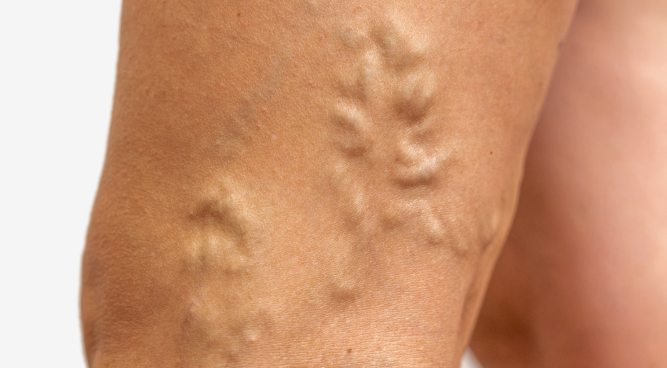



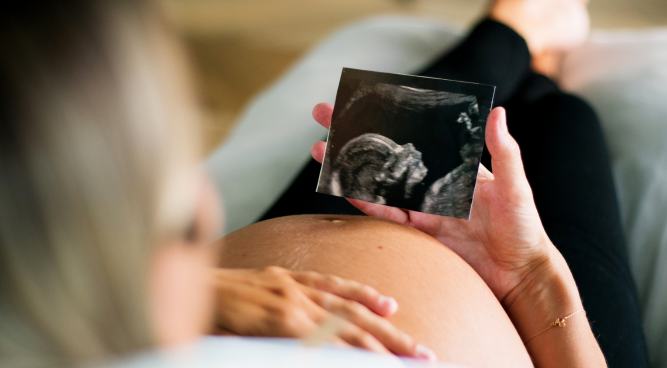
























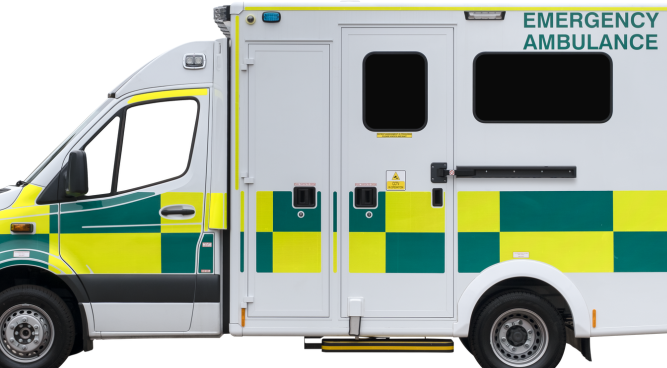








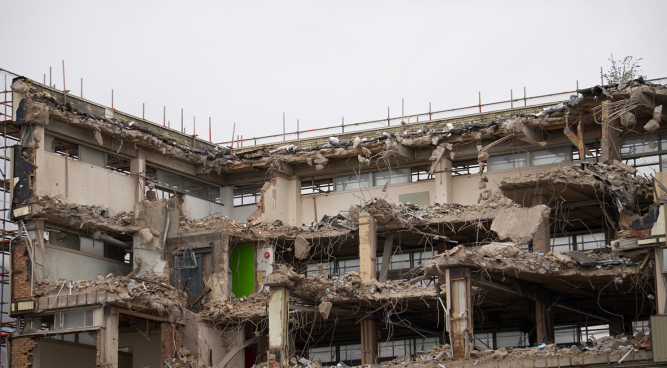


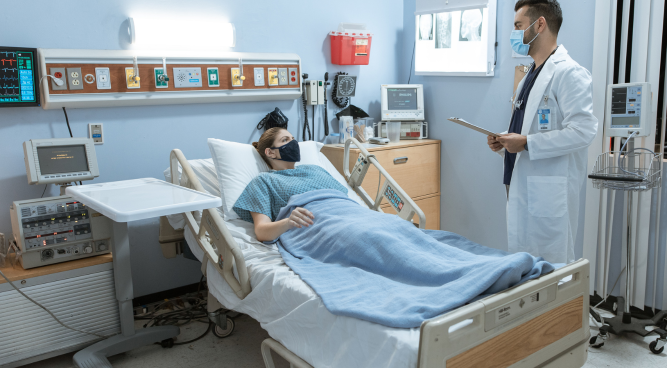











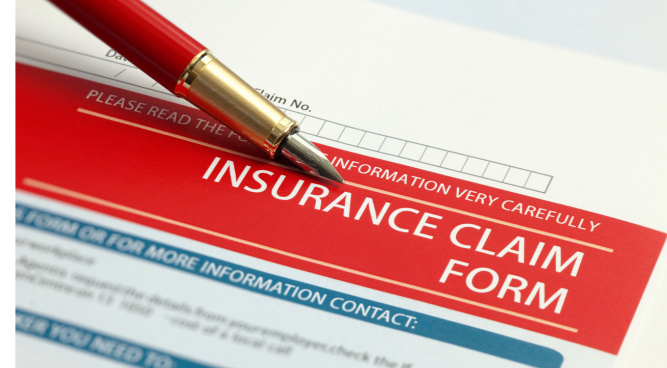















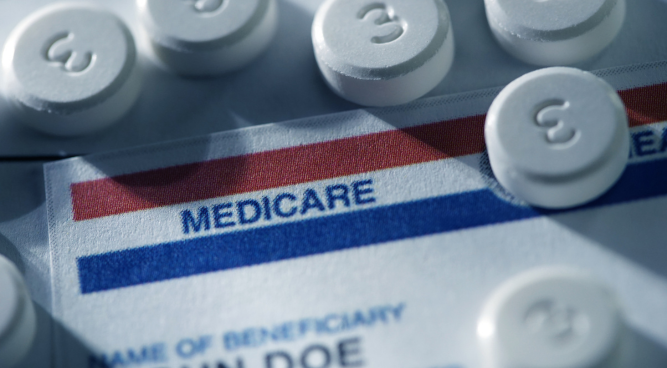



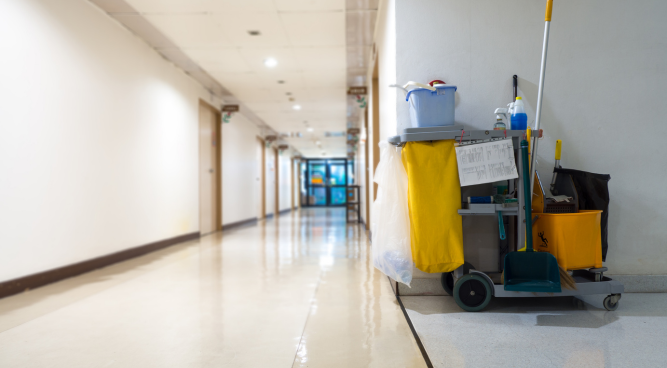
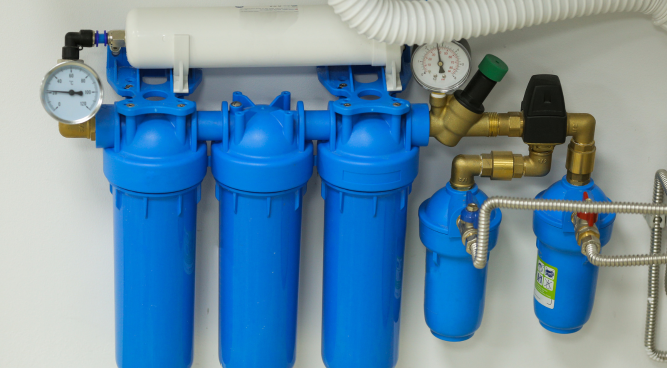

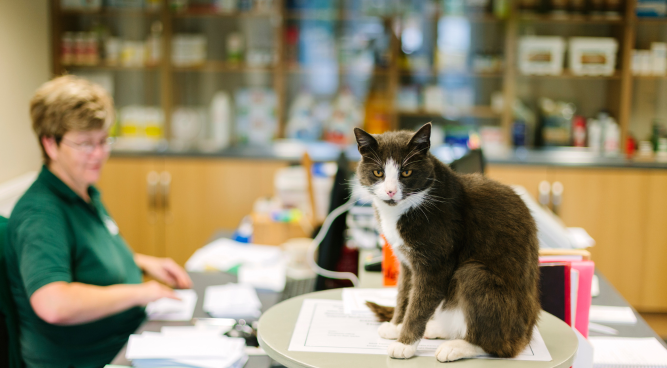


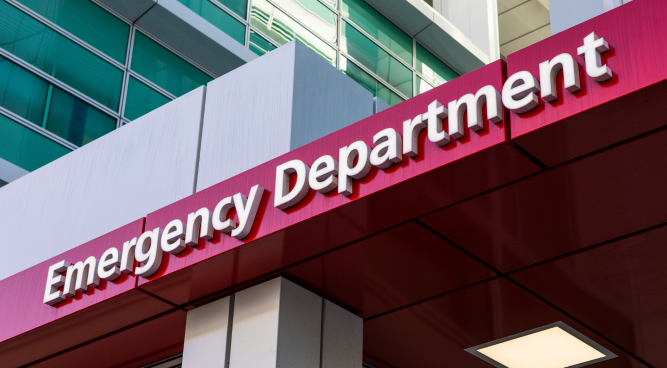

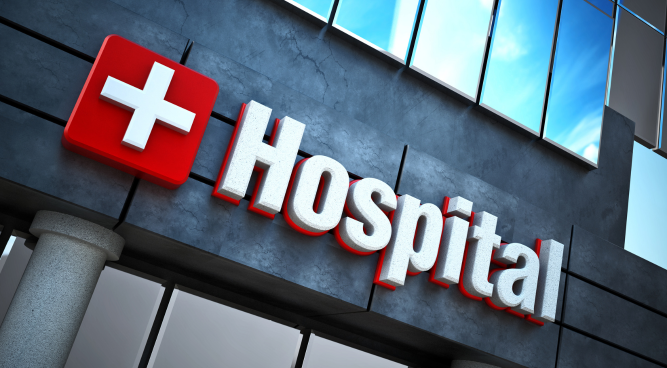












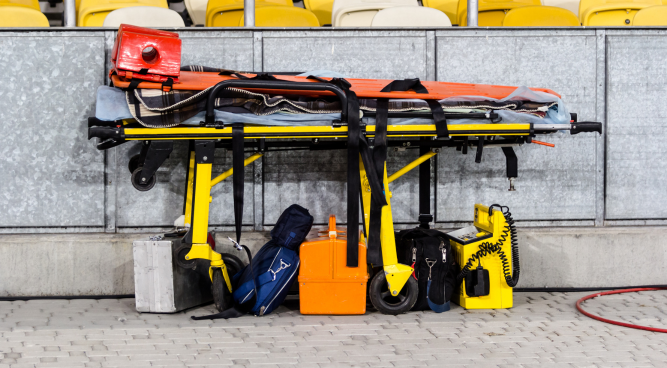





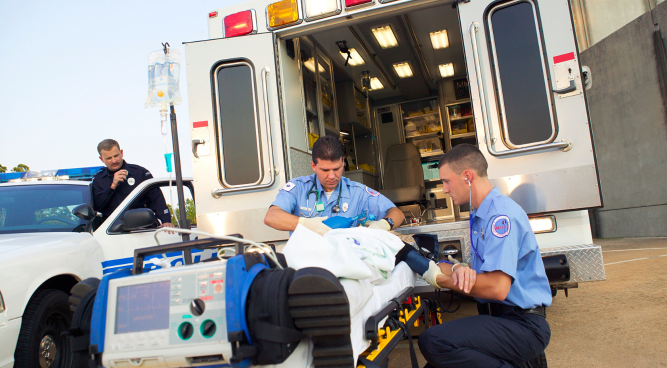




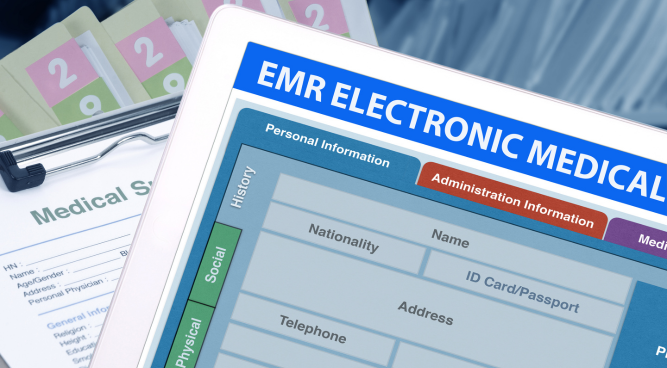









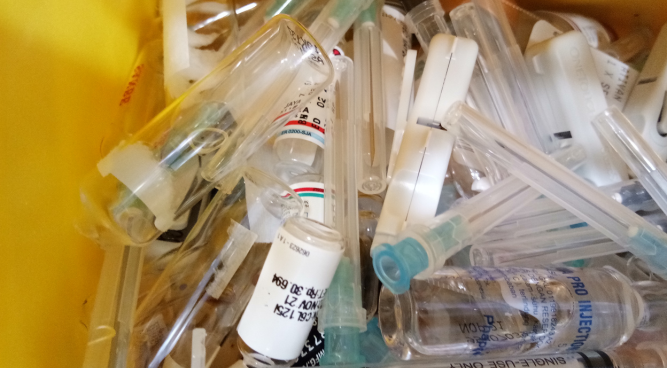


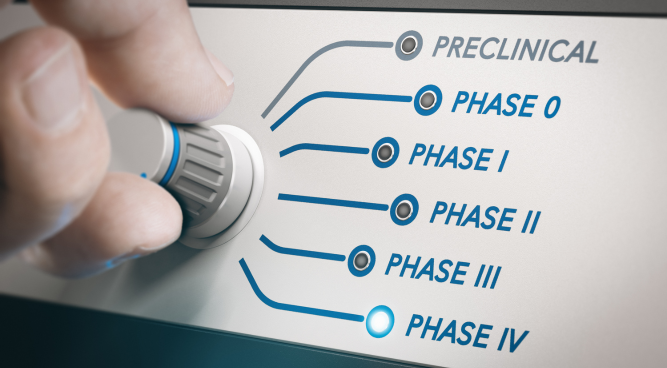





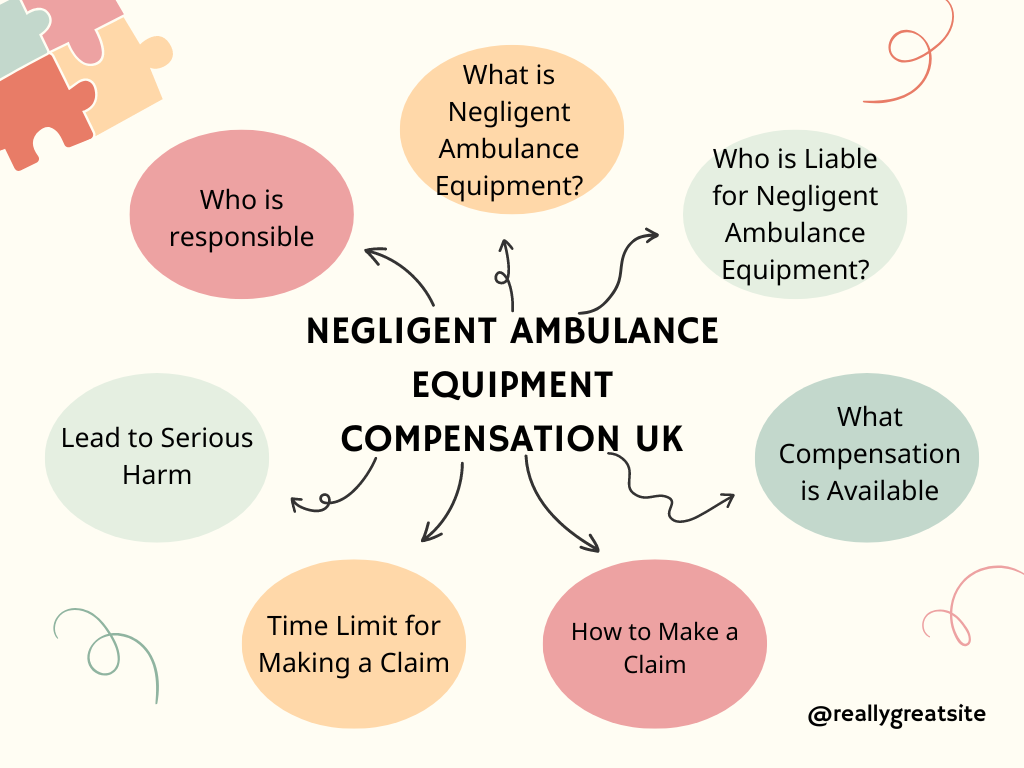
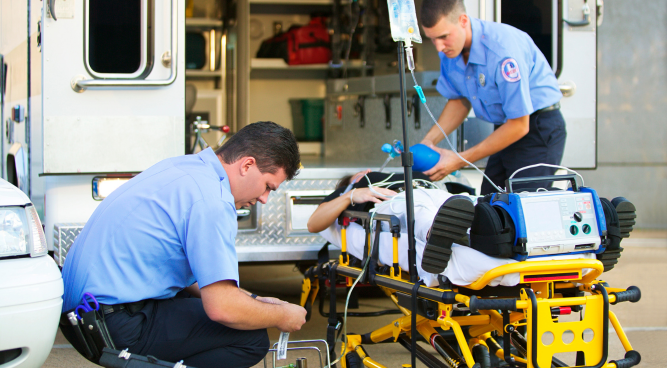



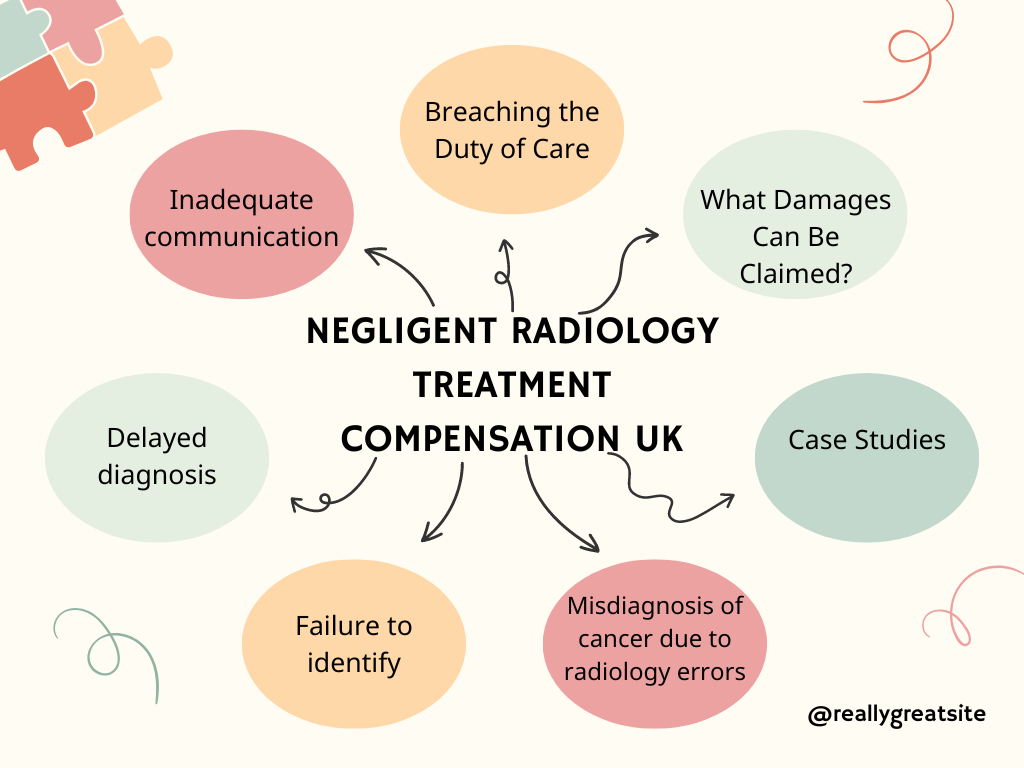
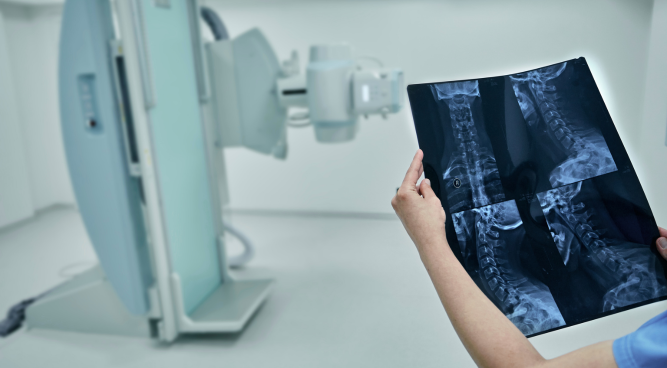
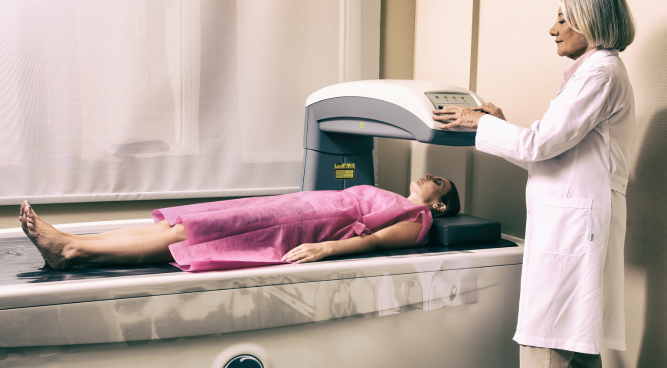




















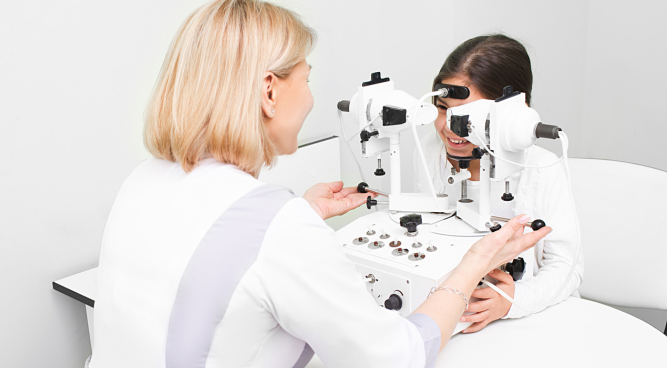
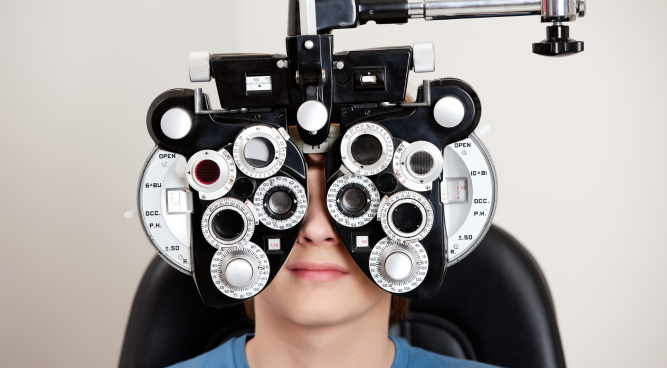














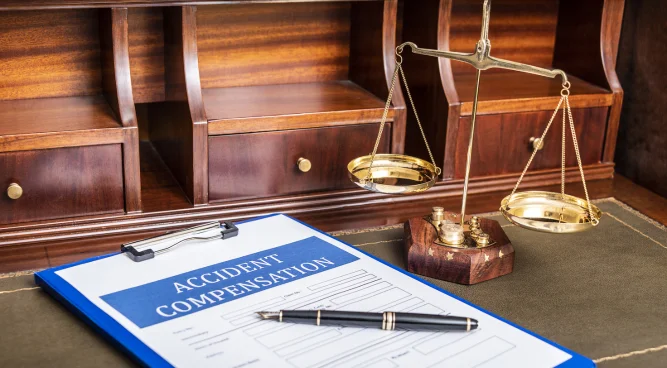
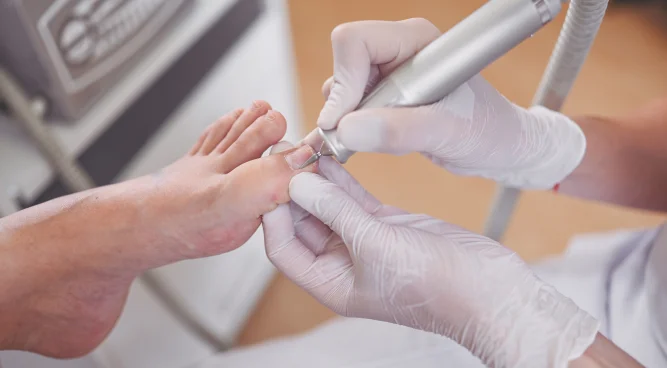














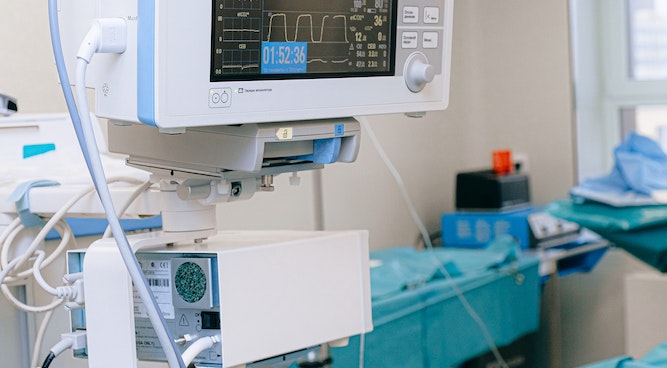








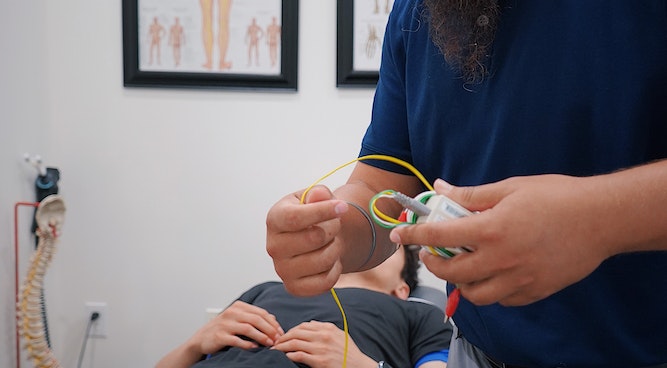

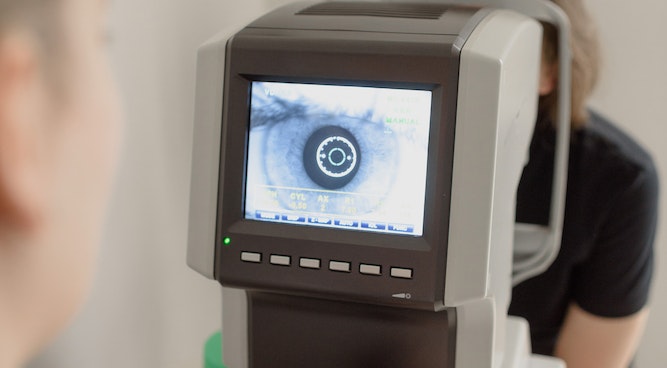





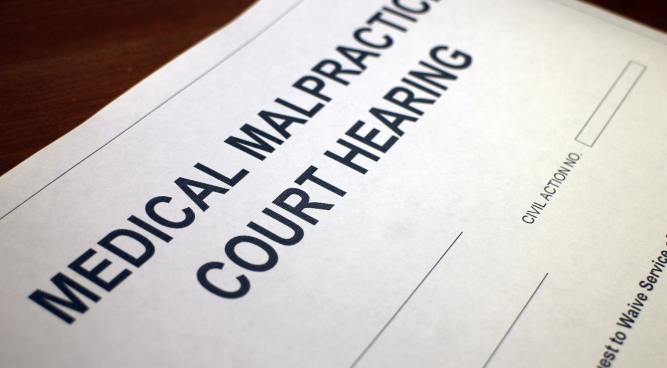


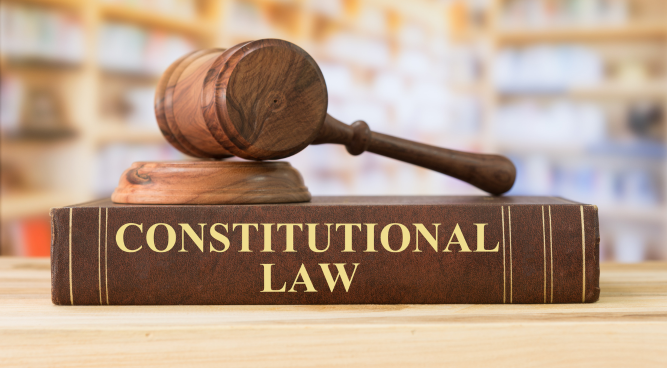






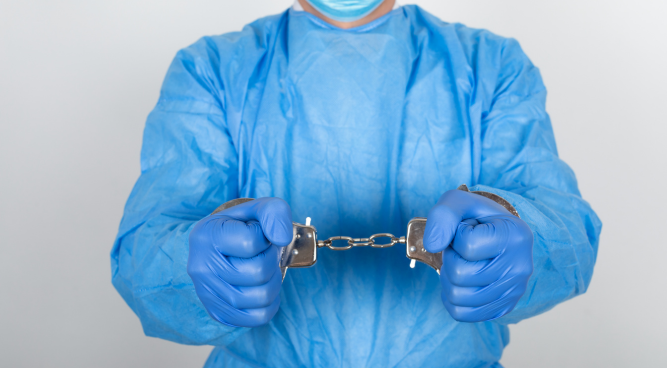
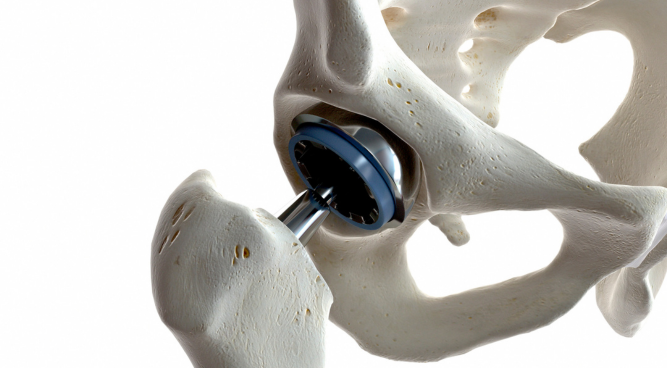







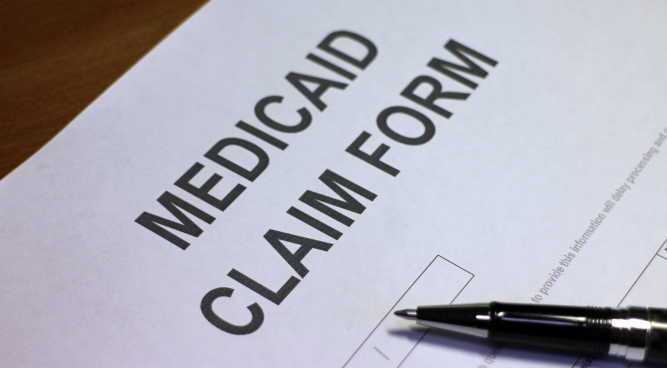





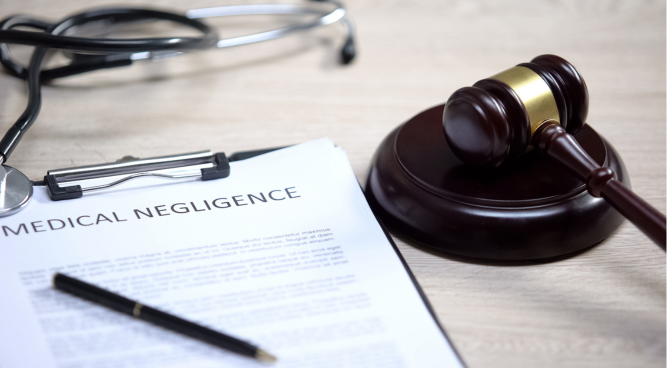



 They will likewise have to show the degree of the damage endured and the monetary misfortunes caused thus. Working with an accomplished specialist can assist inquirers with exploring the lawful cycle and constructing major areas of strength that meet the Obligation to prove any claims.
They will likewise have to show the degree of the damage endured and the monetary misfortunes caused thus. Working with an accomplished specialist can assist inquirers with exploring the lawful cycle and constructing major areas of strength that meet the Obligation to prove any claims.
